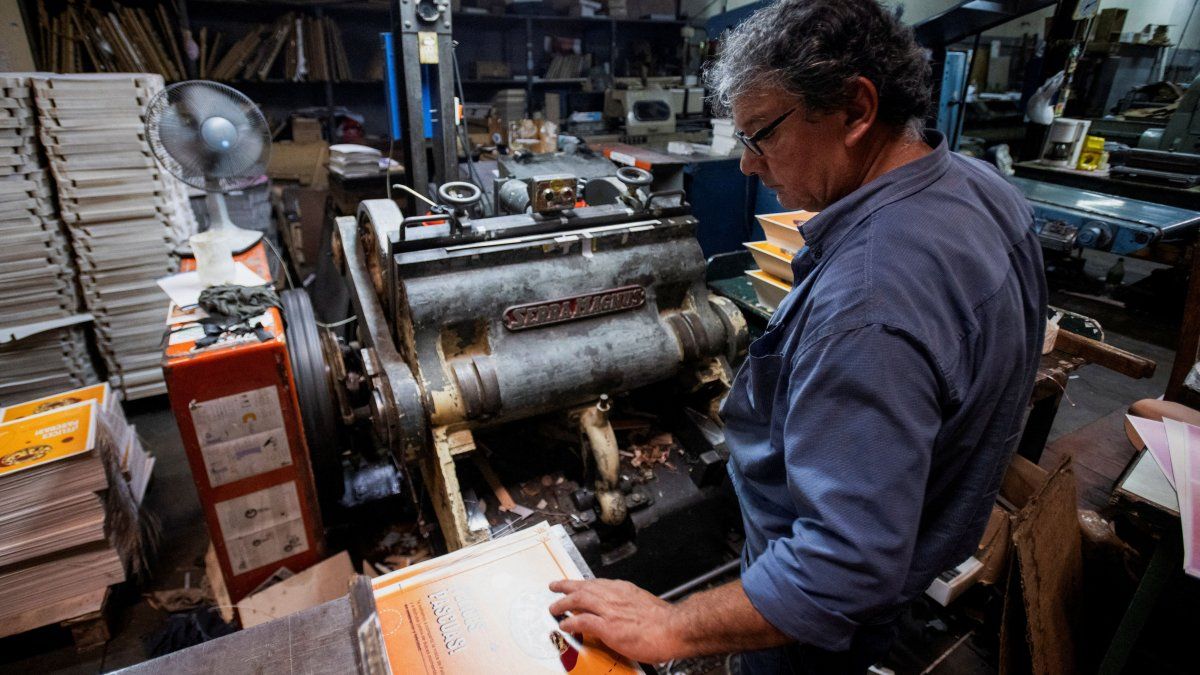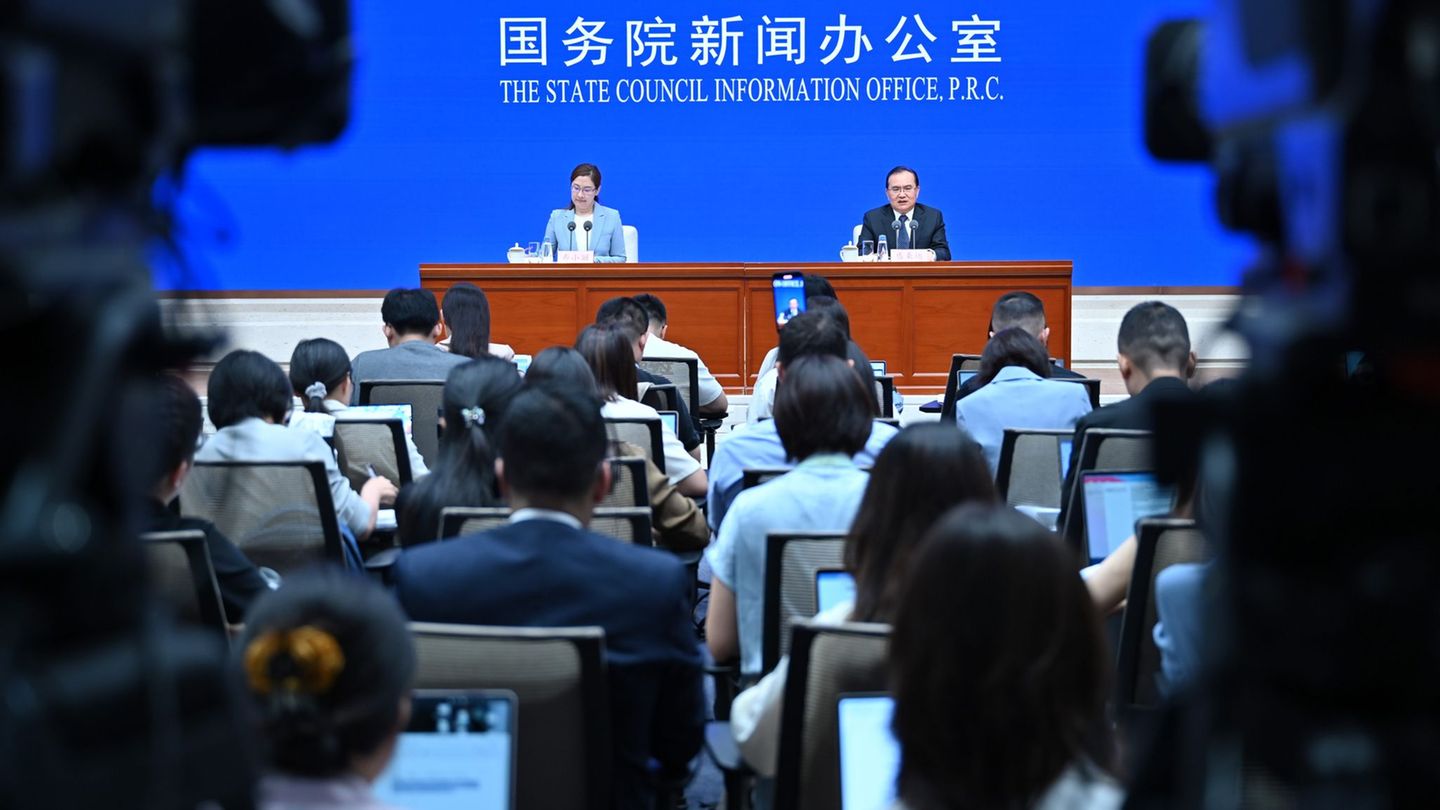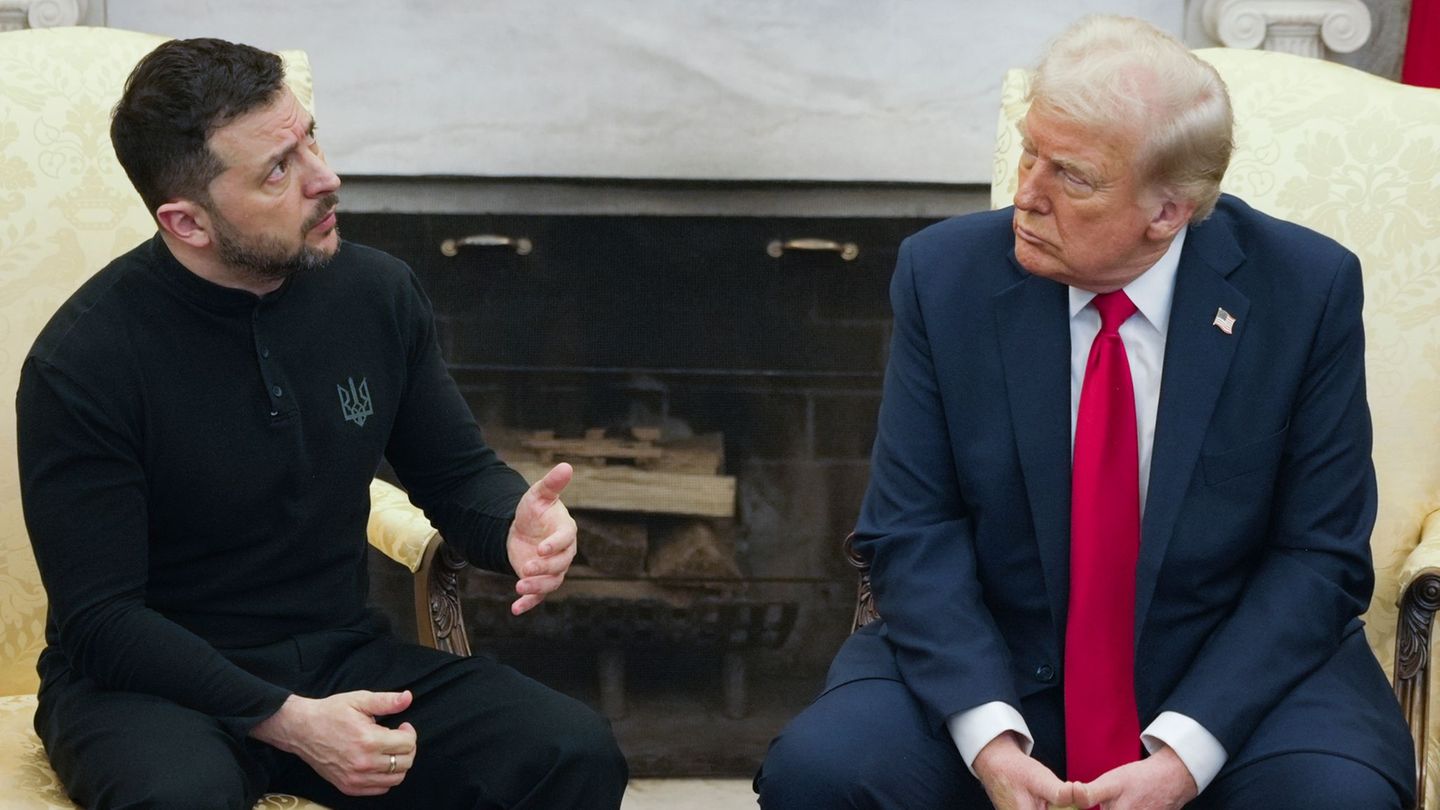The executive director SME Observatory Foundation, Federico Poliand the secretary of the Tax Policy Department of the UIA, Mariela Compagnucci, raised the concern generated by the exchange delay as a “subsidy for imports”, and the creation or increase of municipal rates due to the need for financing.
It was within the framework of the Industrial Conference number 30 of the Argentine Industrial Union (UIA). There, various leaders from the industrial sector debated how to build a competitive and productive agenda. During the panelCompetitive environments for productive SMEs”, Poli noted that “More than 90% of companies say they have increases in raw materials“, however, the indicator of their prices “runs behind the rest of the indicators”. For this reason, he warned that “the margins are being limited because this process cannot continue for much longer.”
Furthermore, from the Observatorio Pyme foundation they surveyed the impact of subnational taxes, provincial gross income and safety and hygiene taxes and concluded that “fiscal voracity and great disorder are shown”. “For us, IIBB and safety and hygiene rates represents 9% of the costs”, stated the SME specialist.
Along the same lines, he added that the weight of taxes “is very great”, in the midst of a stabilization process that “generates some tensions, which are worrying.” Above all, Cop highlighted that the instrument used to stabilize the economy, the exchange rate anchorcauses “tension with competitiveness.”It means a tax on exports and a subsidy on imports”, highlighted the director of the entity.
For this reason, he proposed to those present to improve the competitiveness of the tradable sectors, but mitigating the impact of the measures taken: “An orderly macro is a necessary condition, but we must try to soften these unwanted impacts that these programs generate.”Poli remarked.
Finally, he recalled that the former Minister of Economy, Domingo Felipe Cavallo, applied a convertibility model that impacted competitiveness on tradable goods, but “lowered differential taxes on these sectors.” “We must find a balance between the disinflation process and addressing the competitiveness of SMEs, because we see numbers of the fall in production and employment that draw attention”concluded the speaker.
Concern about increase or creation of municipal taxes
Besides, Compagnucci warned that there is an increase in the proliferation of new municipal taxes. “There is an important creativity, given by the need for resourceswhich generates different municipal rates and the increase in rates of those already existing”, mentioned the tax specialist at the Buenos Aires Convention Center.
At the same time, he stressed that the issue of municipal taxes “has no relation to an effective compensation for services” since “there is a disproportion in terms of the cost of these services in relation to the rates they charge us.”
municipal rates.jpg
At the same time, he also mentioned that one of the problems to be addressed has to do with the accumulation of credit balances. “This year we had several issues that caused favorable balances, one of which was the suspension that prevented VAT receipts from being computed as payment on account..”
Although he highlighted the elimination of the 95% advance payment for imports that will have access to the MULC in 2025, he highlighted other challenges to be addressed. For example, the average cumulative gross receipts credit balance per company is $526 million. 40% of these balances originate where companies do not have establishments. At the same time, 12% of the firms require more than a year to recover these balances, meanwhile, 15% consider them irrecoverable.
Source: Ambito




